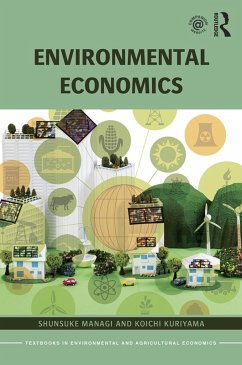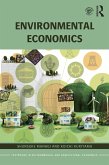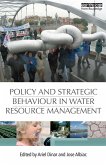Environmental Economics seeks to elucidate the mechanisms that give rise to environmental problems by approaching environmental issues from an economic perspective. At the same time, it is a study aiming to indicate specific countermeasures that could resolve present environmental issues. This text has been put together in way that allows readers without specialized economics knowledge to easily understand the situation, issues and challenges of environmental economics.
Dieser Download kann aus rechtlichen Gründen nur mit Rechnungsadresse in A, B, BG, CY, CZ, D, DK, EW, E, FIN, F, GR, HR, H, IRL, I, LT, L, LR, M, NL, PL, P, R, S, SLO, SK ausgeliefert werden.









